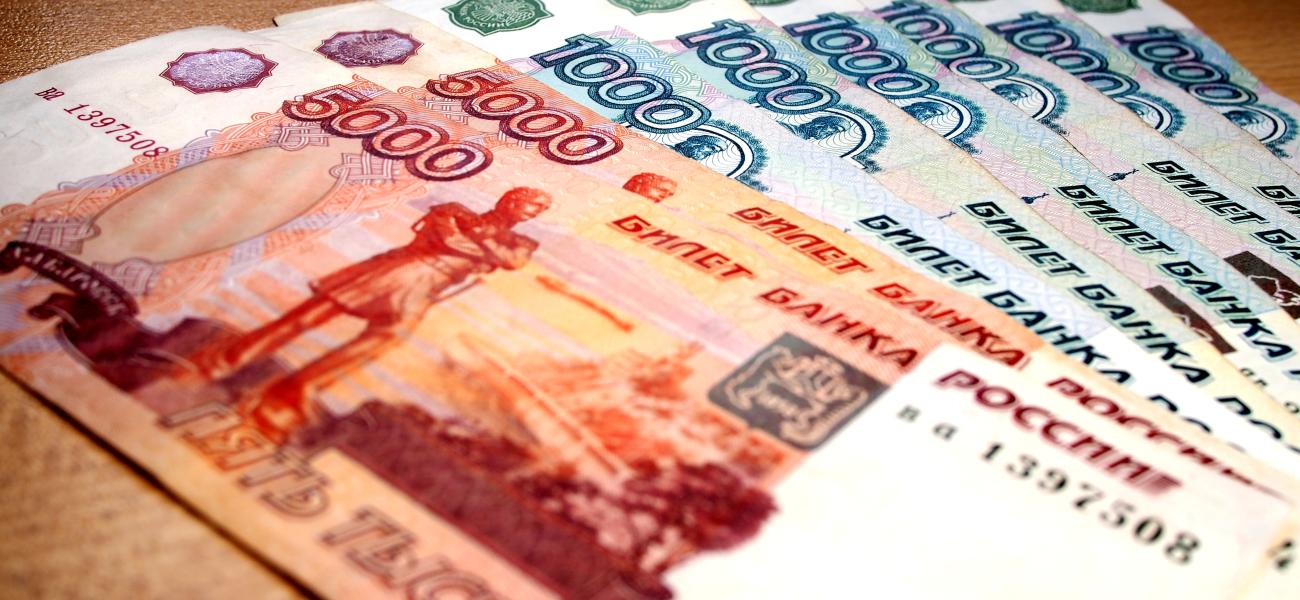
The Toll of Economic War: How Sanctions on Russia Will Upend the Global Order
This is a summary of an analysis originally published in Foreign Affairs.
The author, a professor of history at Cornell University, describes Western economic containment efforts against Russia as "an unprecedented campaign to isolate a G-20 economy with a large hydrocarbon sector, a sophisticated military-industrial complex, and a diversified basket of commodity exports. As a result, Western sanctions face a different kind of problem."
He writes that Western policymakers have grown accustomed to imposing sanctions against smaller countries at a relatively low cost and thus have limited experience with the effects of truly severe punitive measures against a major, globally connected economy. "Existing fragilities in the world’s economic and financial structure mean that such sanctions have the potential to cause grave political and material fallout," Mulder argues.
Economists expect Russia's GDP to contract by upwards of nine to 15% this year, he writes, but notes that the damage could become much more severe: "The ruble has fallen more than a third since the beginning of January. An exodus of skilled Russian professionals is underway, while the capacity to import consumer goods and valuable technology has fallen drastically." And the ramifications will reach beyond the Russian borders, he adds, pointing to spillover effects into adjacent countries and markets, multiplier effects through private-sector divestment, escalation effects in the form of Russian responses and systemic effects on the global economy.
An intensification of sanctions, Mulder concludes, "will cause a cascade of material shocks that will demand far-reaching stabilization efforts. And even with such rescue measures, the economic damage may well be serious, and the risks of strategic escalation will remain high. For all these reasons, it remains vital to pursue diplomatic and economic paths that can end the conflict. Whatever the results of the war, the economic offensive against Russia has already exposed one important new reality: The era of costless, risk-free and predictable sanctions is well and truly over."
Nicholas Mulder
Nicholas Mulder is a professor of history at Cornell University. His new book on the history of sanctions, “The Economic Weapon,” was published by Yale University Press in January.
Read the full analysis on Foreign Affairs' website.
The opinions expressed in the quotes are solely those of the author.
Photo published by Wikimedia Commons under a Creative Commons license.

